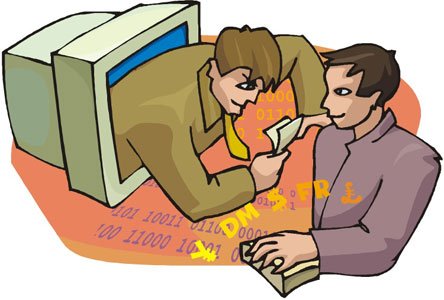ADELPHI, Md. — Comptroller Peter Franchot is alerting taxpayers about phone solicitation scams aimed at getting taxpayers’ money and personal information.
The Comptroller’s Office recently received a call from a concerned couple about a phone call they received from someone claiming to be an IRS agent saying they owed back taxes and demanding immediate payment. The caller said if the couple didn’t comply, he would call the police and they would face criminal charges.
“I strongly urge all Maryland taxpayers to be very careful in giving out their personal information over the phone,” Comptroller Franchot said. “The Comptroller’s Office does not initiate phone calls or emails asking for confidential information or for Personal Identification Numbers (PINs). We never ask for payments to be sent via Western Union.
If you get a phone call or email like this, please call 1-800-MD-TAXES or email my office at mdcomptroller@comp.state.md.us and let us know about it as soon as possible.”
The Internal Revenue Service (IRS) offers five tell-tale, warning signs to tip citizens off if they get such a call from someone claiming to be with the IRS. Scammers often demand money to pay taxes. They try to con people by saying they’re due a tax refund so they can gain access to banking or other private financial information. Scam artists can sound convincing when they call and may alter the caller ID to make it look like the IRS is calling. They may use fake names and bogus IRS badge numbers. The IRS respects taxpayer rights when working out payment of taxes. Here are five things scammers often do but the IRS will NOT do.
The IRS DOES NOT:
·Call to demand immediate payment. The IRS will not call without first mailing
you a bill.
·Demand that you pay taxes without giving you an opportunity to question or
appeal the amount that is owed.
·Require taxpayers to use a certain payment method, such as a prepaid debit card.
·Ask for credit or debit card numbers over the phone.
·Threaten to notify local police or other law enforcement agencies to have a tax
payer arrested for not paying.
